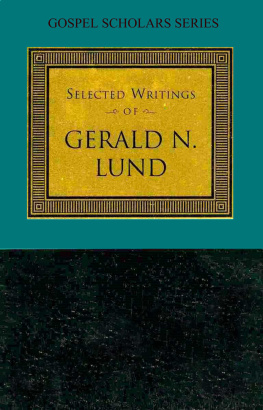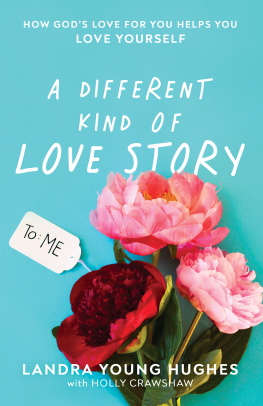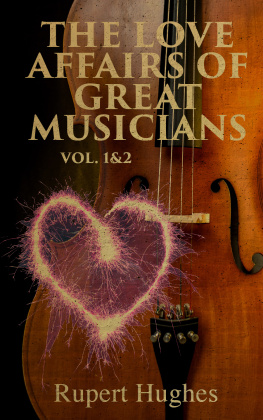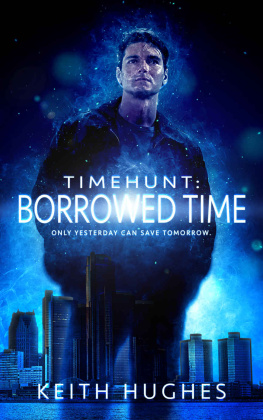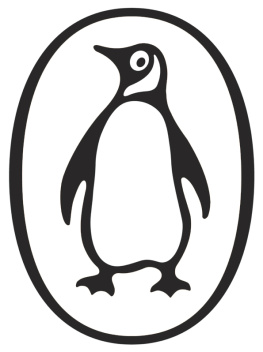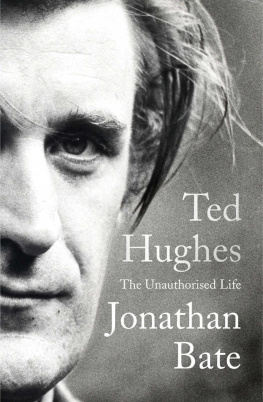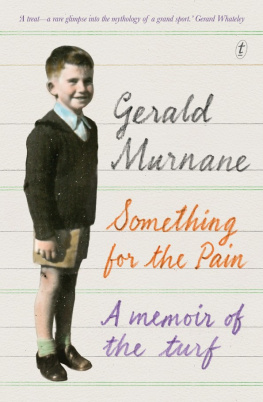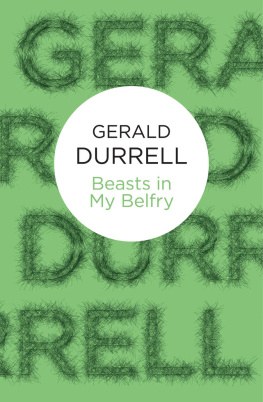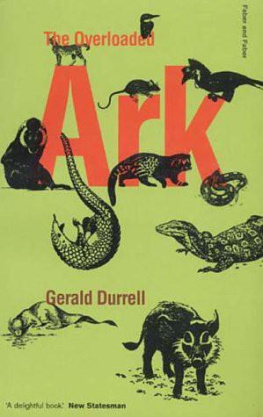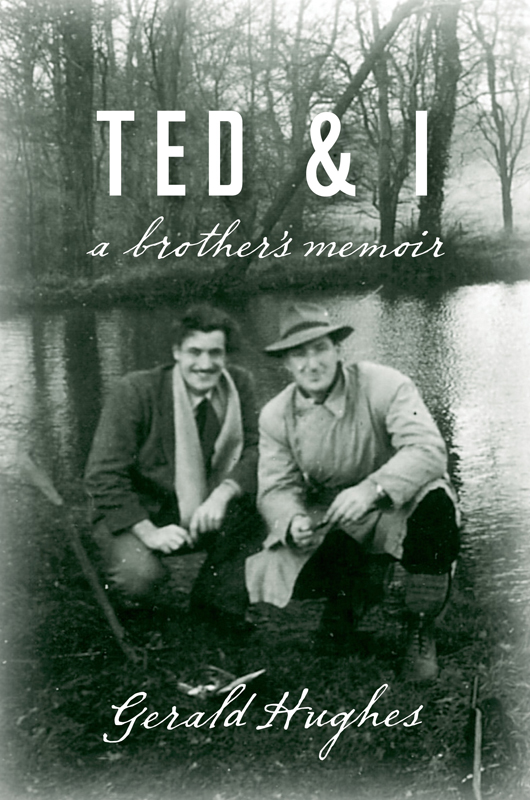Contents
Guide

The author and publisher have provided this e-book to you for your personal use only. You may not make this e-book publicly available in any way. Copyright infringement is against the law. If you believe the copy of this e-book you are reading infringes on the authors copyright, please notify the publisher at: us.macmillanusa.com/piracy.
To my English and Australian family, my loving wife
Joan and our two sons, Ashley and Brendon.
There are a number of people I would particularly like to thank for their encouragement and invaluable help in what has really become a family affair.
My niece Frieda not only suggested that I write the book but has generously contributed a moving and insightful foreword, which I greatly appreciate. Olwyn, my sister, has been a great source of encouragement too, jogging my memory and contributing valuable details from those early childhood days. Im also extremely grateful to Teds widow, Carol, for her ready help and suggestions, and for the extra material she has provided.
Both my wife Joan and our son Ashley proved to be invaluable and patient aides as I sorted through old notes, letters and memories Ashley and his wife Eileens command of the computer greatly facilitating communication with both my supportive agent, Ros Edwards, and my publisher. If we had had to rely on my handwritten letters to answer their various questions, the book would not have been ready for some time yet!
Thank you also to my friend Graeme Lofts for his advice and encouragement.
Finally, Im greatly indebted to my publisher, Jeremy Robson, not only for taking my book on, but for his care in helping to develop this memoir throughout the editorial process.
* * *
The author and The Robson Press gratefully acknowledge the following sources from which this book has drawn and quoted:
For published poems and letters of Ted Hughes, Letters of Ted Hughes, selected and edited by Christopher Reid (Faber and Faber, 2007) and Ted Hughes Collected Poems, edited by Paul Keegan (Faber and Faber, 2003), reproduced by kind permission of Carol Hughes and the Estate of Ted Hughes.
All hitherto unpublished material by Ted Hughes reproduced by permission of Carol Hughes and the Ted Hughes Estate.
For letters of Sylvia Plath, reproduced by kind permission of Frieda Hughes and the Estate of Sylvia Plath.
My Uncle Gerald, older brother of my father, Ted Hughes, lives near Melbourne in Australia. He has always been an important figure in my life because he was a hugely important figure in the life of my father; we have kept in touch over the years.
Following my fathers death in October 1998, Gerald often mentioned to me the letters and phone calls that he was receiving from various individuals wishing to write about my father. He felt obliged to provide answers where he could, and was finding it increasingly tiresome.
I suggested that, instead of remembering the past for others, he should write his own book and remember the past for himself and his family (me included), just as he had once persuaded his mother to write a short memoir of her own for him. And so he has, and here it is.
My father often talked about his family and that of my mother, Sylvia Plath; he seemed to think it was important that my brother, Nicholas, and I knew something of our origins. I only wish that I remembered more, but children rarely think of asking their older family members about their lives and experiences because they believe there is always tomorrow and that their parents will somehow always be there.
There are reminders of my fathers early stories here, however, one of my favourites being about the army pay book that saved his own fathers life during a battle in northern France in the First World War. My grandfather kept this pay book in his left pocket over his heart, and when he was hit by shrapnel the pay book took the impact. After the war he kept the tattered remnants of the pay book, still speared with large pieces of shrapnel, together with his sergeants stripes, his DCM and other medals.
He told me, too, about my Uncle Gerald his older brother by ten years who shot rats and rabbits and had taught my father to fish and shoot too. My father also learnt how to cure mole skins, pinning them to the underside of his school desk lid to dry out. (It might have also helped discourage people from borrowing his pencils.) Gerald was something of a natural teacher for my father, just as my father became a natural teacher for my brother and me.
When I was a child my father taught me how to skin a road-kill badger and cure its pelt, how to shoot, how to cast a fly (we practised on the lawn before putting it into practice on water) and how to draw birds, just as he and his brother had drawn birds together as children.
When my father and his sister, Olwyn, were still very small, their mother, Edith, a great walker and lover of the countryside, took them to all the beauty spots around the Calder Valley when they lived in Mytholmroyd.
My father was around four years old when he started to accompany Gerald on their own exploration of the area. Gerald apparently found his little brother to be full of curiosity: he wanted to know the names of the trees, the habitat of birds and breeding patterns of fish. Gerald did all he could to feed this thirst for knowledge, and if there was something he didnt know, hed look it up in order to inform his little brother. These elements of nature were to become important themes in my fathers poetry.
Together, my father and uncle also worked forensically and patiently on their toys and inventions. A Chinese proverb that my father often used to quote to me was hair by hair you can pluck a tiger bald, a reflection of the patience that he and Gerald applied to the problem-solving and construction tasks they set themselves in their childhood.
After spending the war years working on aeroplanes in various postings around north Africa such as Algiers and Cairo, enjoying the sun and outdoor life and experiencing all the excitement and tragedy (he had several near-misses of his own) that the RAF had to offer at the time, Gerald became a policeman in Nottingham.
However, after life in the Air Force his new job was something of an anti-climax so, upon seeing an advert in a travel agents window that promoted migration to Australia, Gerald decided to take the opportunity and move there; he needed a bigger challenge than Nottingham could offer him. He left the UK in 1948, just missing the opportunity to go as a ten pound Pom.
My father was tempted to join Gerald in Australia after he left Cambridge, but in 1956 he met my mother and his priorities changed. Gerald, however, returned to England with his wife Joan on several visits to the family, and my father would take the opportunity to travel around the UK, exploring and fishing with them.
If my father had been able to persuade him, Gerald would have moved into Moortown, the farm in Devon that my father bought with Gerald in mind when I was in my teens. He hoped the farm might tempt Gerald home, but Gerald was too firmly fixed in Australia by this time to consider leaving.
Geralds great hobbies are painting and golf. He sent my father several of his watercolours over the years, and my father eventually passed them on to me because I liked them so much, but there was little that Gerald could not turn his hand to. On one of his visits, when I was about fifteen, I needed a proper cage for two little zebra finches that Id bought as pets, so Uncle Gerald made me a little wooden cage with wire mesh, a handle, and top and bottom doors. To me it was the most beautiful little cage in the world, and I was touched that he should spend part of his precious holiday making it for me.


